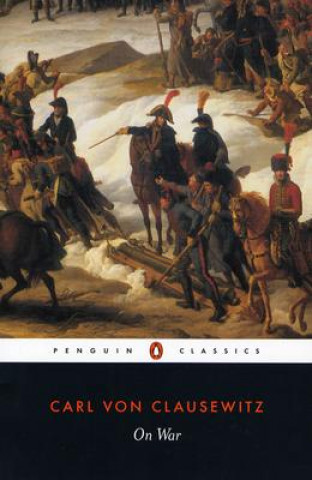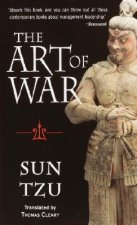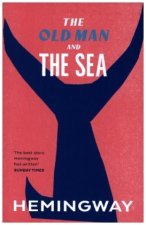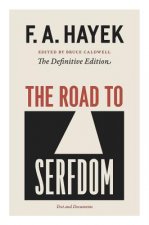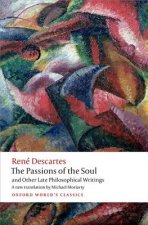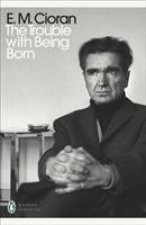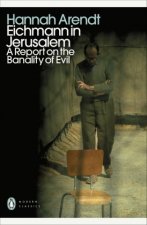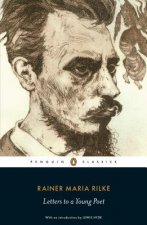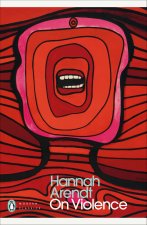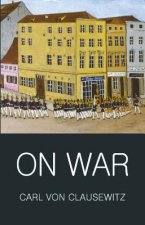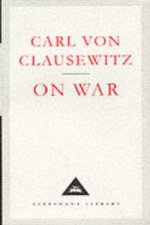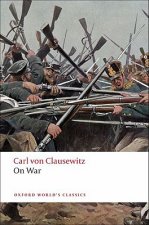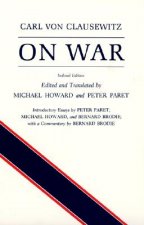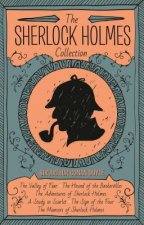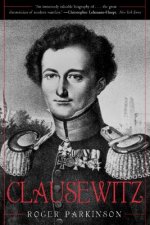
Livrare
Consilier de cumpărături





Nu se pretează? Nu contează! La noi puteți returna bunurile în 30 de zile
 Voucher cadou
orice valoare
Voucher cadou
orice valoare
Cu un voucher cadou nu veți da greș. În schimbul voucherului, destinatarul își poate alege orice din oferta noastră.
On War
 engleză
engleză
 38 b
38 b
30 de zile pentru retur bunuri
Clienții au cumpărat de asemenea


Combining military theory and raw accounts of its practice, Carl von Clausewitz's treatise "On War" has had a profound influence on subsequent thinking on warfare. This "Penguin Classics" edition is edited with an introduction by Anatol Rapoport. Writing at the time of Napoleon's greatest campaigns, Prussian soldier and writer Carl von Clausewitz created this landmark treatise on the art of warfare, which presented war as part of a coherent system of political thought. In line with Napoleon's own military actions, he illustrated the need to annihilate the enemy and make a strong display of one's power in an 'absolute war' without compromise. But he was also careful to distinguish between war and politics, arguing that war could only be justified when debate was no longer adequate, and that if undertaken, its aim should ultimately be to improve the wellbeing of the nation, pioneering the notion of war as 'politics by other means'. This edition contains a detailed introduction, examining von Clausewitz's skill and reputation as a writer, philosopher and political thinker, as well as a bibliography, notes and a glossary. Carl von Clausewitz (1780-1831) was a Prussian soldier and writer who entered the Prussian Military at the age of twelve with the rank of Lance-Corporal, serving in the Rhine campaign from 1793 to 1794. In 1801 he joined the Berlin Military Academy, where he studied Kant and attracted the attention of General Gerhard von Scharnhorst, whom he later helped to reform the Prussian army. More a philosopher than a soldier, Clausewitz's fame rests on the enduring success of "On War" (Vom Kriege), unfinished at the time of his death and published posthumously by his wife, in 1832. If you enjoyed "On War", you might like Sun-Tzu's "The Art of War", also available in "Penguin Classics".
Informații despre carte
 engleză
engleză




 Cum să cumpăr
Cum să cumpăr















